Fitbit Ace 2 vs Fitbit Ace 3: which is the ultimate kids fitness tracker?
We take a look at the Ace 3 watch - Fitbit’s latest offering to the kids’ fitness tracker market - and see how it compares to its highly successful predecessor, the Fitbit Ace 2. Let’s just call it an Ace-off

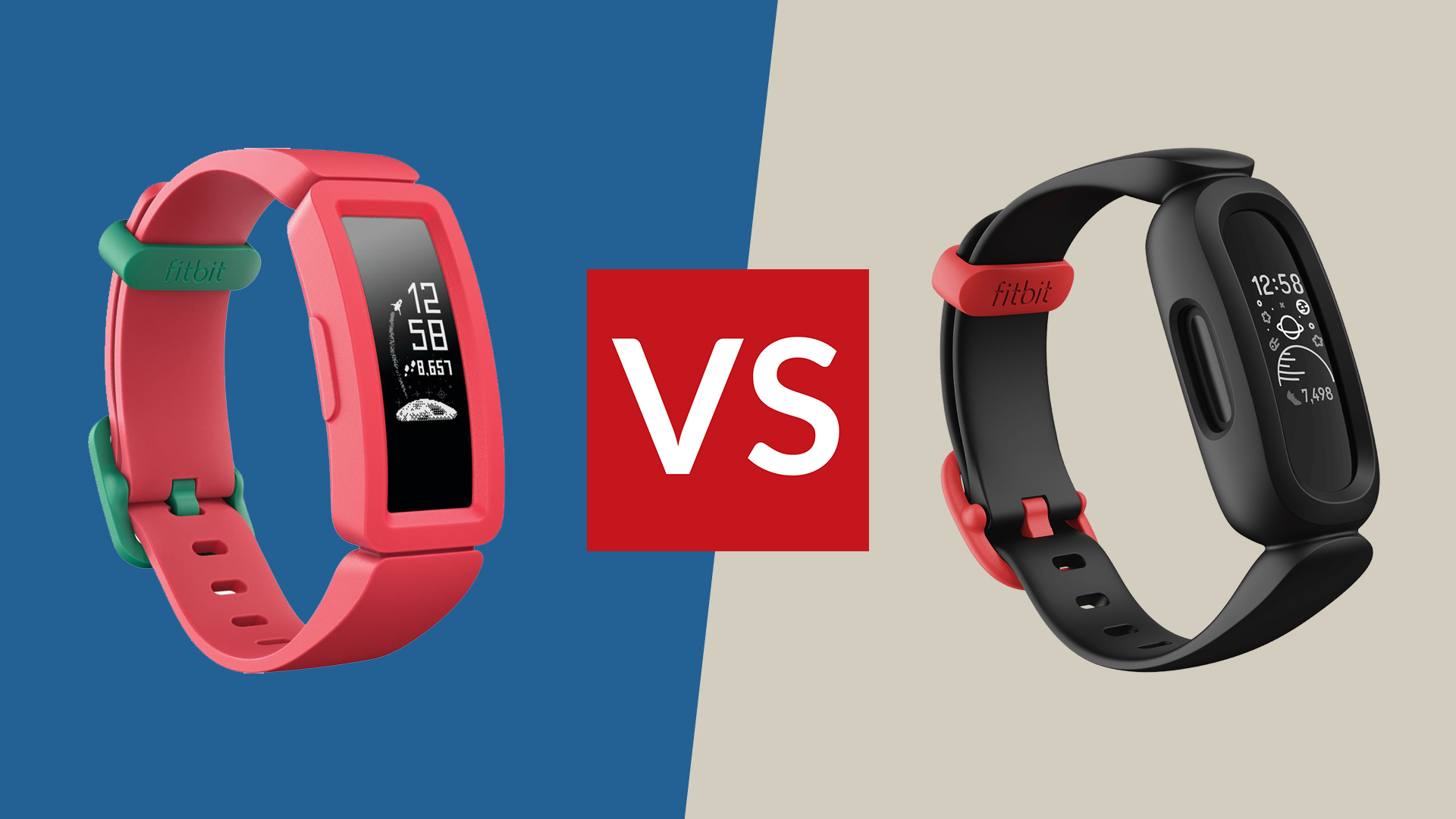
We gave the Fitbit Ace 2 five stars and have raved about its looks and ability to motivate kids to get moving. So, can the newest member of the Fitbit family go one better? Well, in a word…. yes.
Thanks to some extra tech wizardry, the Fitbit Ace 3 does everything Ace 2 does with some nice extras. Notably, it has a longer battery life and a clearer, brighter screen, as well as additional fun activities both onscreen and in the partner app.
Though it has been stylishly updated, the Ace 3 retains the simple, modern good looks of its predecessor, which is one of the Ace 2’s big selling points.
With Fitbit’s emphasis on promoting health and fitness, both the Ace 2 and Ace 3 are serious fitness trackers for kids (ideally over the age of six) with a range of core fitness activities at the heart of their design.
The Ace 3 is a considerably pricier option, so we’ve pitted the Ace 2 and Ace 3 against one another to help you decide which one might be the best kids smartwatch out there.

Fitbit Ace 2 vs Fitbit Ace 3: Design
One of the strengths of the Fitbit Ace 2 is its stylish design, which is appealing to teenagers and young children alike. Available in a choice of two colourways, the slim, adjustable silicone watch band is practical and comfortable.
Its greyscale touchscreen, while not super exciting, is intuitive and easy to use for even the youngest of wearers, while an ingenious magnetic charger makes charging the device every five days-ish really simple.
Get all the latest news, reviews, deals and buying guides on gorgeous tech, home and active products from the T3 experts
The Fitbit Ace 3 has got a facelift, with a bubblier face shape and slightly chunkier look. With the same super slim silicone band as the Fitbit Ace 2, it’s just as comfy as its predecessor and the profile suits little hands.
One of the Fitbit Ace 3’s biggest attractions is its improved screen. Though it is still greyscale unlike other smartwatches at a similar price point, it is noticeably brighter than the Fitbit Ace 2 and the images are crystal clear. Its touchscreen is intuitive and easy to use and is easily activated with the flick of a wrist, or sensor-type ‘buttons’ on the side of the face, unlike the Fitbit Ace 2, which is switched on by a button. We liked using both of these systems, but the sensors have the edge.
WINNER: Fitbit Ace 3: Looks really are subjective. Some people may prefer the more minimalistic looks of the Fitbit 2, while others will plump for the curvier Ace 3. Both are good looking and boast very similar intuitive interfaces. But the Fitbit Ace 3 edges ahead with nice little design details such as the sensor ‘buttons’ and a clearer screen.
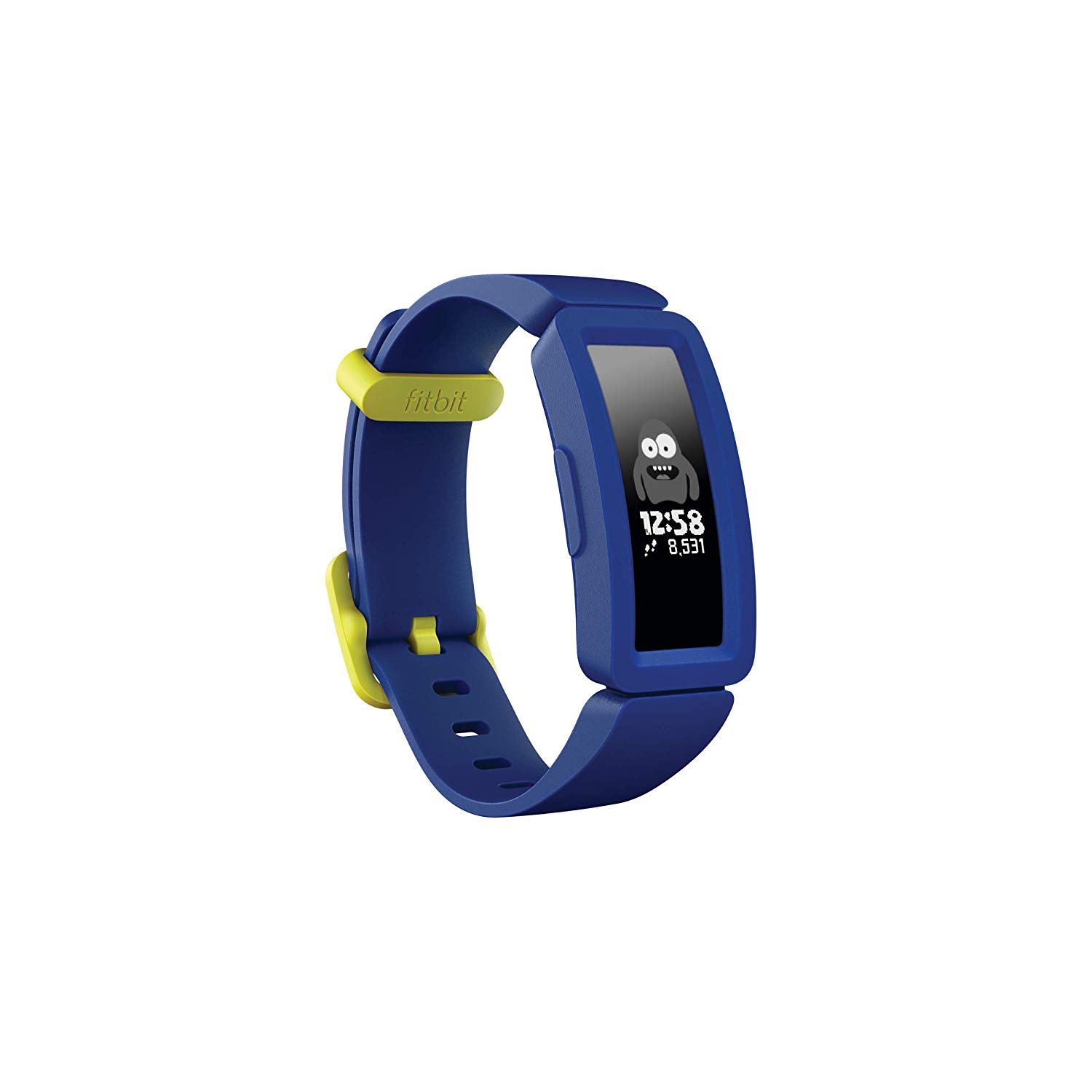
Fitbit Ace 2 vs Fitbit Ace 3: Features and performance
The Fitbit Ace 2 does an excellent job as a kids’ fitness tracker, counting steps, active minutes and even sleep time accurately. The vibration alert after a period of inactivity is a clever way of encouraging your kid to get up and move in order to meet Fitbit Ace’s pre-set one-hour activity goal. The timer and stopwatch features are useful additions for competitive children and kids will enjoy viewing all their stats in ‘Kid View’ in the partner app.
Unlike some competitors’ options, the Fitbit Ace family’s success arguably lies in the ability to let kids see their progress and incentives easily on the watch screen, rather than in an app. The screen also displays attractive clock face options, which respond to exercise in a fun and motivational way. For example, there’s a little plant that grows and smiles the more steps you take, which our mini tester found particularly endearing. Clockface options are selected via the parents’ app, which also displays rewards such as digital badges for hitting targets. The app helpfully enables parents to set bedtimes and alarms and to retain overall control of the watch too.
The Fitbit Ace 3 fitness tracker does all that the Fitbit Ace 2 does, just a little bit better in some areas. It counts steps and measures activity accurately thanks to a 3-axis accelerometer and sensors for heart-rate tracking. This means the new model can count intensive moves like jumping and skipping as active minutes, and also makes for fun interactive watch faces.
For example, our mini tester selected an alien that appears to be sleeping but wakes up when she did more intensive exercise like walking for a decent amount of time, or jumping around. This motivating feature worked well for her, as did the timer and stopwatch, which are great for races. Competitive children can also challenge their family to fun step competitions and send each other messages or cheers in the Fitbit app.
Both watches allow kids to view key activity stats by simply scrolling through the data on the watch screen and if they have their own smartphone, they will enjoy seeing call alerts and short text messages on the watch too.
WINNER: With its added heart-rate tracking capability the Fitbit Ace 3 is the winner. Additional features like its improved screen clarity help it pip the Fitbit 2 to the post.
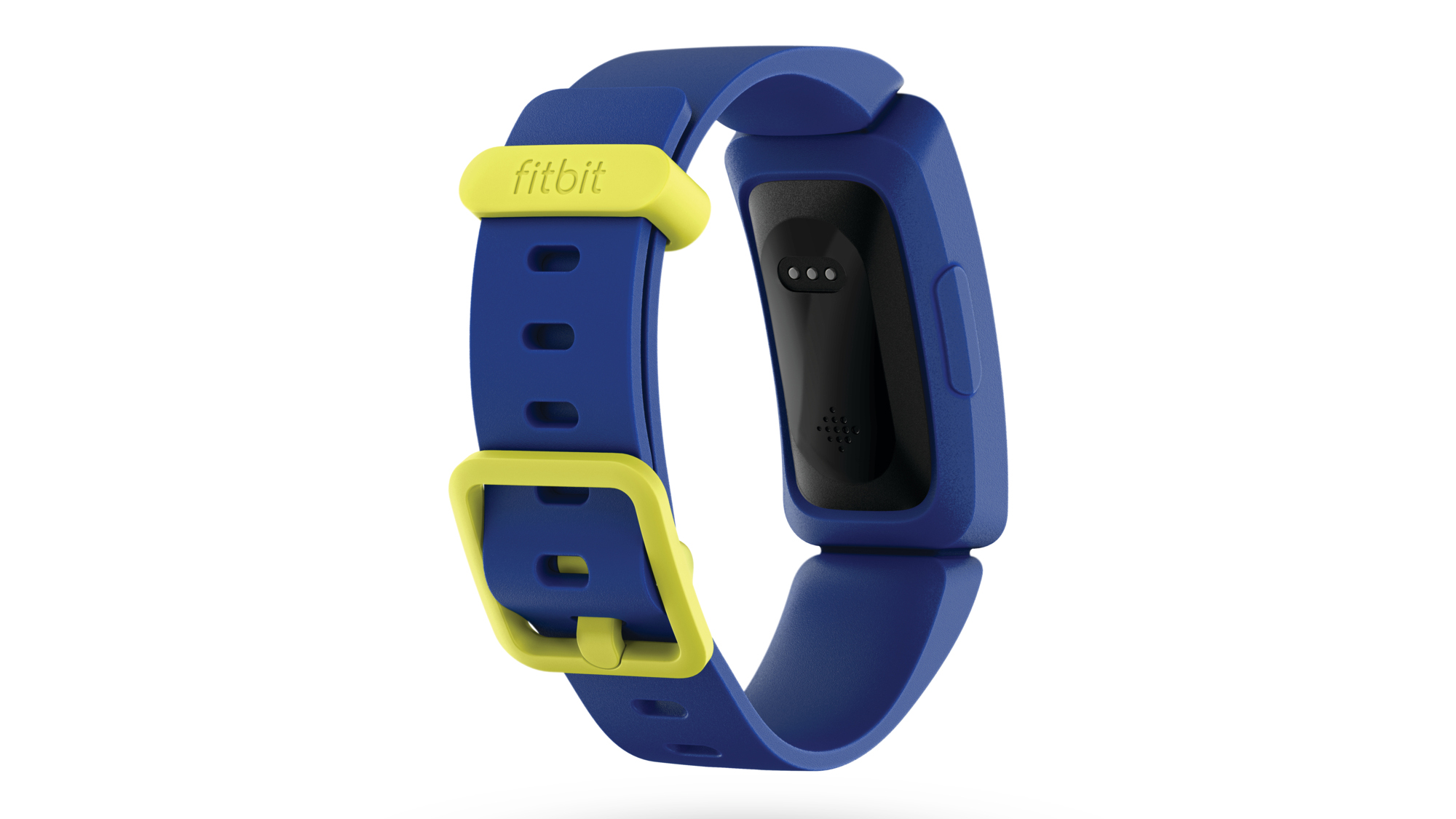
Fitbit Ace 2 vs Fitbit Ace 3: Battery
The Fitbit Ace 3 has a battery life of 8 days, a significant improvement on the Fitbit Ace 2, which needs charging about every 5 days. Both of these numbers are pretty conservative, based on our testing. For example, our tester has worn the FitBit Ace 3 for 10 days and counting, and it still has plenty of life in it.
But, when the watches are almost out of juice, they let you know it’s time to charge the, and doing so is simple. The Fitbit Ace 2 has a magnetic charger, while the Fitbit 3 has one with clips. We got on really well with the second generation’s charger, but it’s possible that others found it can slip off the back of the watch, which may explain the addition of the clips on the Fitbit Ace 3’s charger. Whatever the reason, they both work really well.
WINNER: The Fitbit Ace 3. Charging any gadget less often is a great thing and this watch’s battery seems to go on and on.
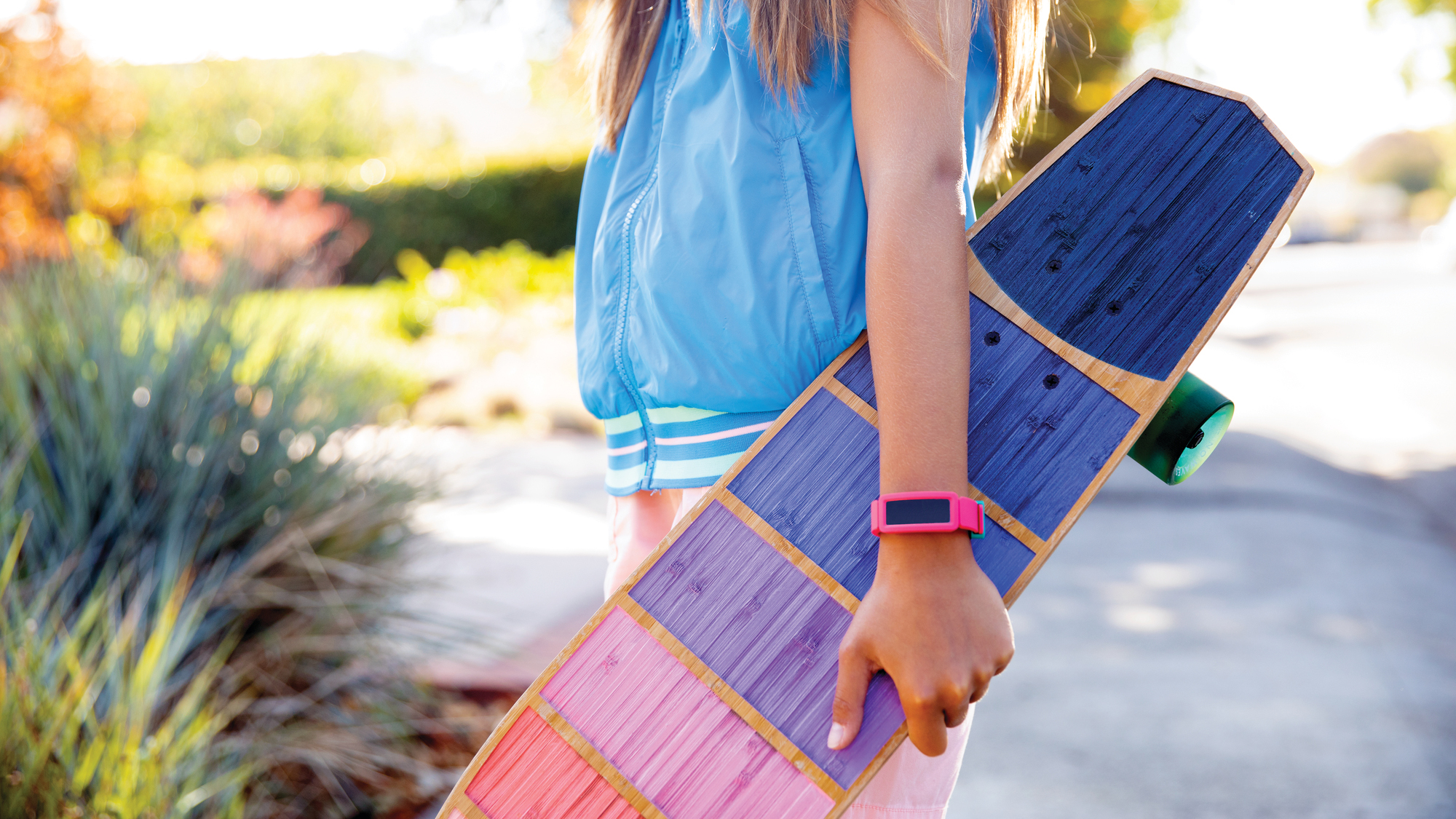
Fitbit Ace 2 vs Fitbit Ace 3: Price
The Fitbit Ace 3 may add additional features compared with the Fitbit Ace 2, but it costs considerately more at RRP £69.99 pitting it against other trackers and smartwatches with colour screens and even call capabilities. In contrast, the Ace 2 costs around £49.
Both boast all the essential fitness tracking features, a stopwatch, the ability to read text messages on the watch and link to other Fitbit watches in the family, while neither require a subscription or phone contract.
So, it really boils down to your budget and whether you want to pay the extra for the Ace 3’s refined features, brilliant battery life and updated looks.
WINNER: The Fitbit Ace 3 is the winner, but it’s a close call. If the Fitbit Ace 3 had a colour screen, it would be a runaway winner. Users who really value longer battery life and accuracy will plump for the Ace 3, but everyone else will probably choose the watch that bests fits their budget. Both of the watches are great value.
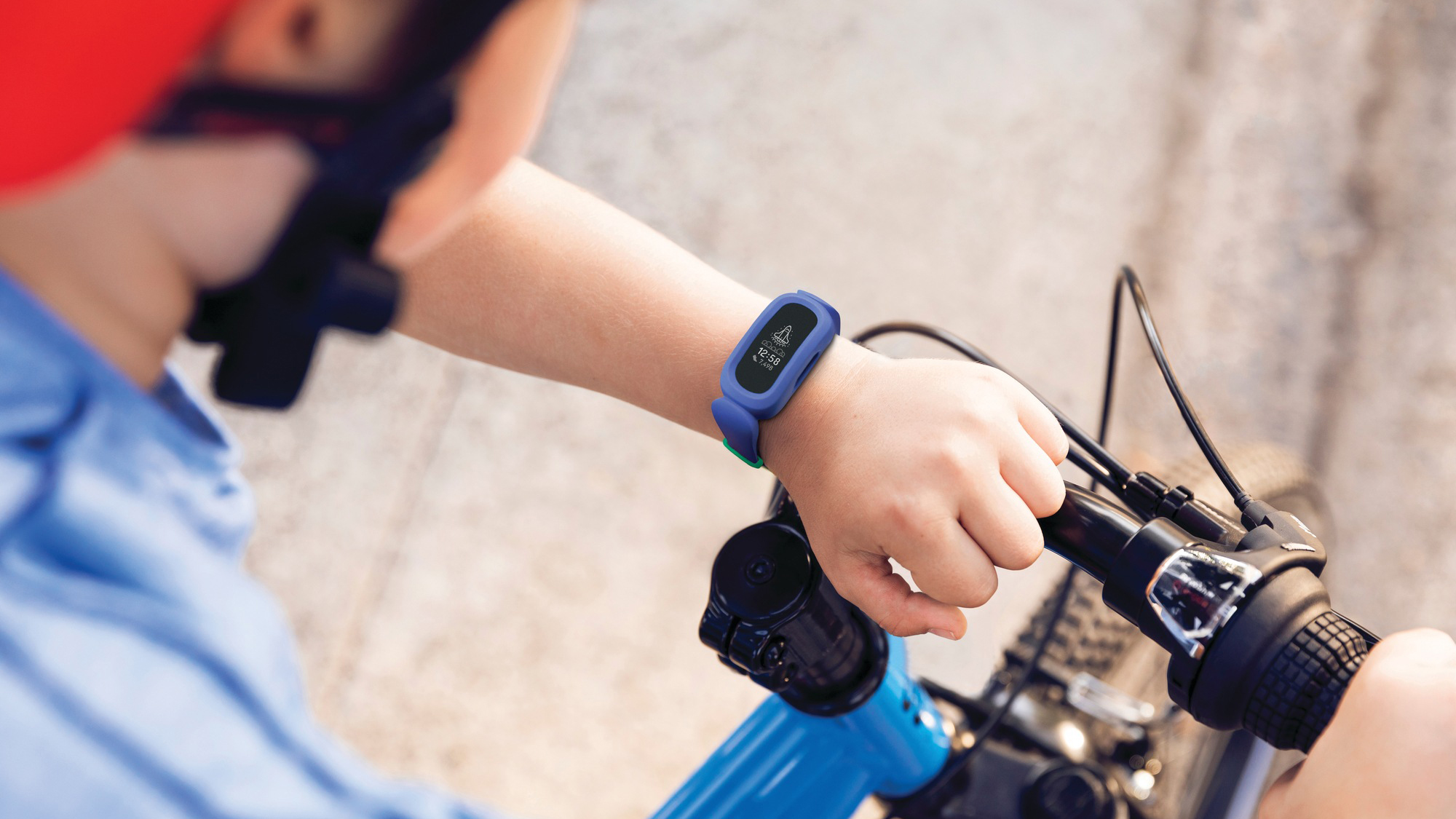
Fitbit Ace 2 vs Fitbit Ace 3: Verdict
The Fitbit Ace 3 is a brilliant refinement of an already excellent tracker: the Fitbit Ace 2. It builds upon all the best bits of its predecessor and adds additional accuracy and longer battery life, which will please parents.
But both watches are great, and which one you choose will likely come down to budget, because there is a decent price difference between the two. Whatever you decide, both watches offer great value for money and longevity, with the absence of movie tie-ins or characters, and sleek designs. So, if or when it’s time to choose between these two trackers you can’t make a wrong decision. As cheesy as it sounds, they are both Ace.
Liked this?
A journalist with 10 years experience, Sarah specialises in Science and Technology, writing for the BBC, national papers and consumer magazines, including T3, of course. Sarah has reviewed a range of products for T3, from children’s electric toothbrushes to water bottles and photo printing services. There's nothing she can't become an expert in!
